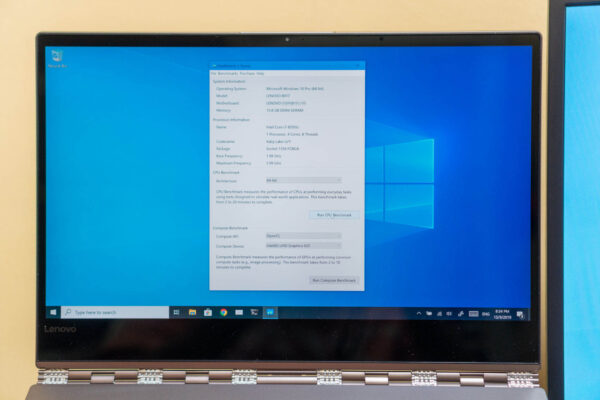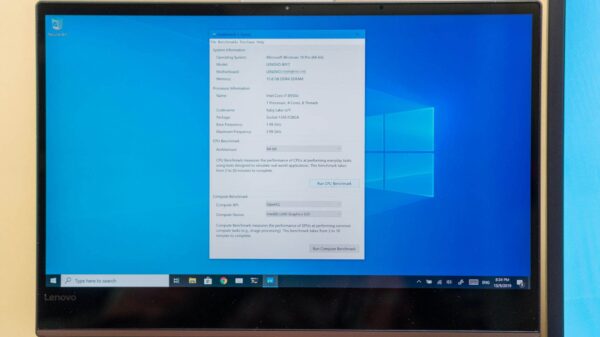
I use a couple of benchmarking tools as part of my notebook and smarpthone review workflow. One of them is Geekbench. Geekbench recently released a new version, and the benchmark results from the new version cannot be compared with those from before.
Many people who look to benchmarks to get indicative comparisons of performances between different hardware. The change in the basis of Geekbench scores makes these comparisons moot. Old scores based on Geekbench 4 cannot be compared with the newer scores from Geekbench 5.
Geekbench 5 was released on 3rd September 2019. Versions for Windows, macOS and Linux can be downloaded from the Geekbench website. Android and iOS versions are available on their respective app stores.
Benchmarks need to be modernised from time to time. In the case of Geekbench, the latest version 5 includes new CPU tests that use cutting-edge technologies such as machine learning, augmented reality, and computational photography. Memory performance has a more significant impact in the new benchmark. There are also new modes for multi-threaded tests.
On the GPU front, Geekbench 5 now supports Vulkan, along with CUDA, Metal, and OpenCL.
Also, Geekbench 5 is now 64-bit only. It’s 2019 now, I suppose 32-bit is really too old.
The baseline calibration has changed between Geekbench 4 and 5. Geekbench 4 is calibrated to a score of 4,000 for an Intel Core i7-6600U processor. Geekbench 5 is calibrated to a score of 1,000 for an Intel Core i3-8100. As you can see, Geekbench 5 is calibrated to a newer and faster processor, but it gets a much lower score.
Therefore, in general, you will find Geekbench 5 scores far lower than Geekbench 4 on the same identical hardware.
My first encounter with Geekbench 5 came when I was testing the ASUS ZenBook Pro Duo. I also have some test results for the ASUS ZenBook 14, though I’ve not yet posted the review. For sake of comparison, I have both Geekbench 4 and Geekbench 5 results shown below:
| ASUS ZenBook Pro Duo | ASUS ZenBook 14 | |
| GB5 Single-Core | 1235 | 1156 |
| GB5 Multi-Core | 6890 | 3832 |
| GB5 Compute (i-GPU) | 6035 | 5462 |
| GB5 Compute (d-GPU) | 71582 | 9632 |
| GB4 Single-Core | 5412 | 5153 |
| GB4 Multi-Core | 27507 | 15454 |
| GB4 Compute (i-GPU) | 26411 | 23463 |
| GB4 Compute (d-GPU) | 199847 | 43793 |
For now, I think it will be necessary for reviewers to test against both Geekbench 4 and Geekbench 5. You’ll find my reviews will include both scores until there’s enough of Geekbench 5 scores around to compare with.

